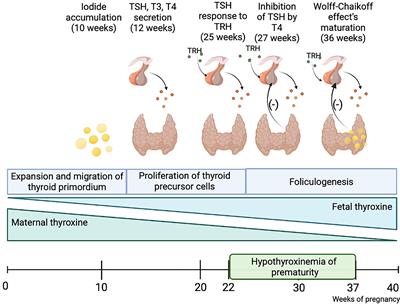EDITORIAL
Published on 05 Oct 2022
Editorial: Thyroid disorders in children below 3rd year of life: Age-related specificity and challenges
doi 10.3389/fendo.2022.1029078
- 1,028 views
17k
Total downloads
55k
Total views and downloads
EDITORIAL
Published on 05 Oct 2022
CLINICAL TRIAL
Published on 05 Sep 2022
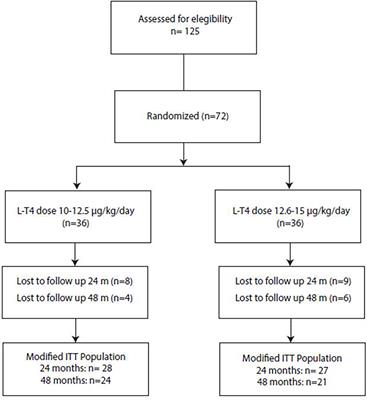
CASE REPORT
Published on 11 Aug 2022

ORIGINAL RESEARCH
Published on 10 Aug 2022
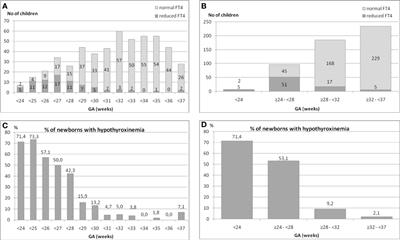
PERSPECTIVE
Published on 28 Jun 2022
ORIGINAL RESEARCH
Published on 27 Jun 2022
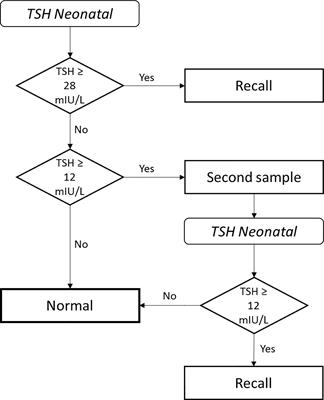
ORIGINAL RESEARCH
Published on 21 Jun 2022
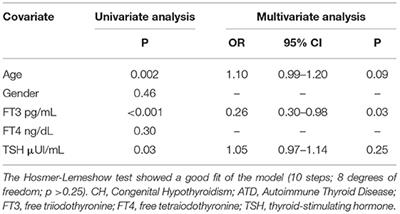
REVIEW
Published on 09 Jun 2022

ORIGINAL RESEARCH
Published on 10 May 2022
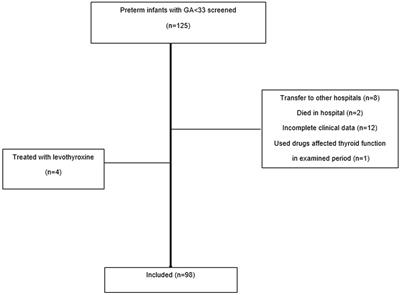
ORIGINAL RESEARCH
Published on 04 May 2022
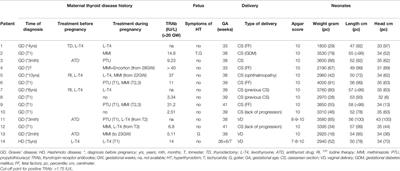
ORIGINAL RESEARCH
Published on 05 Apr 2022
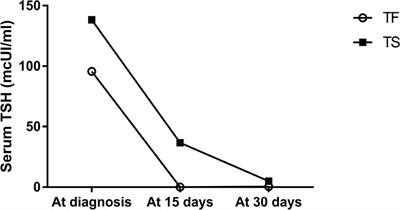
REVIEW
Published on 18 Mar 2022
